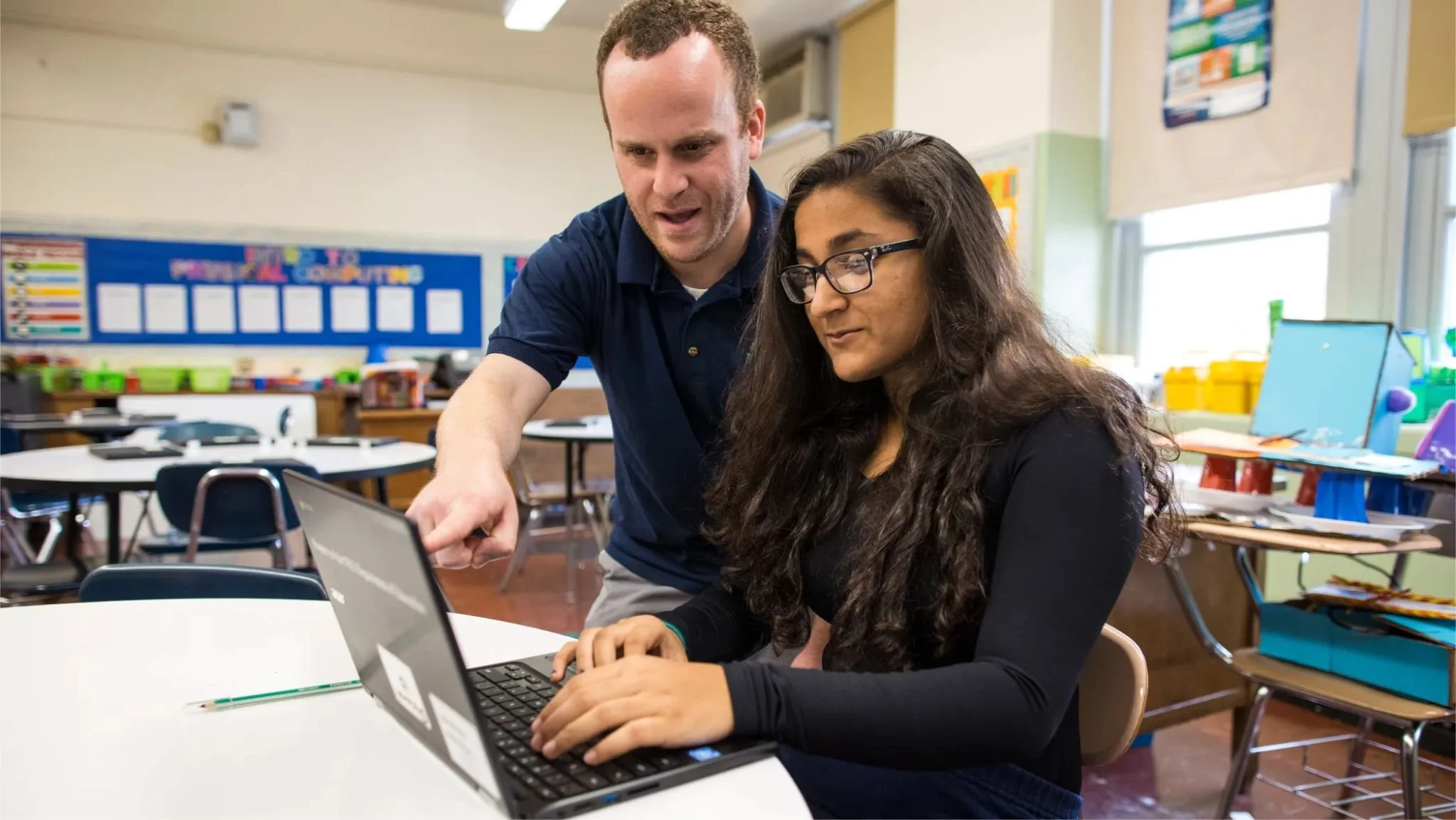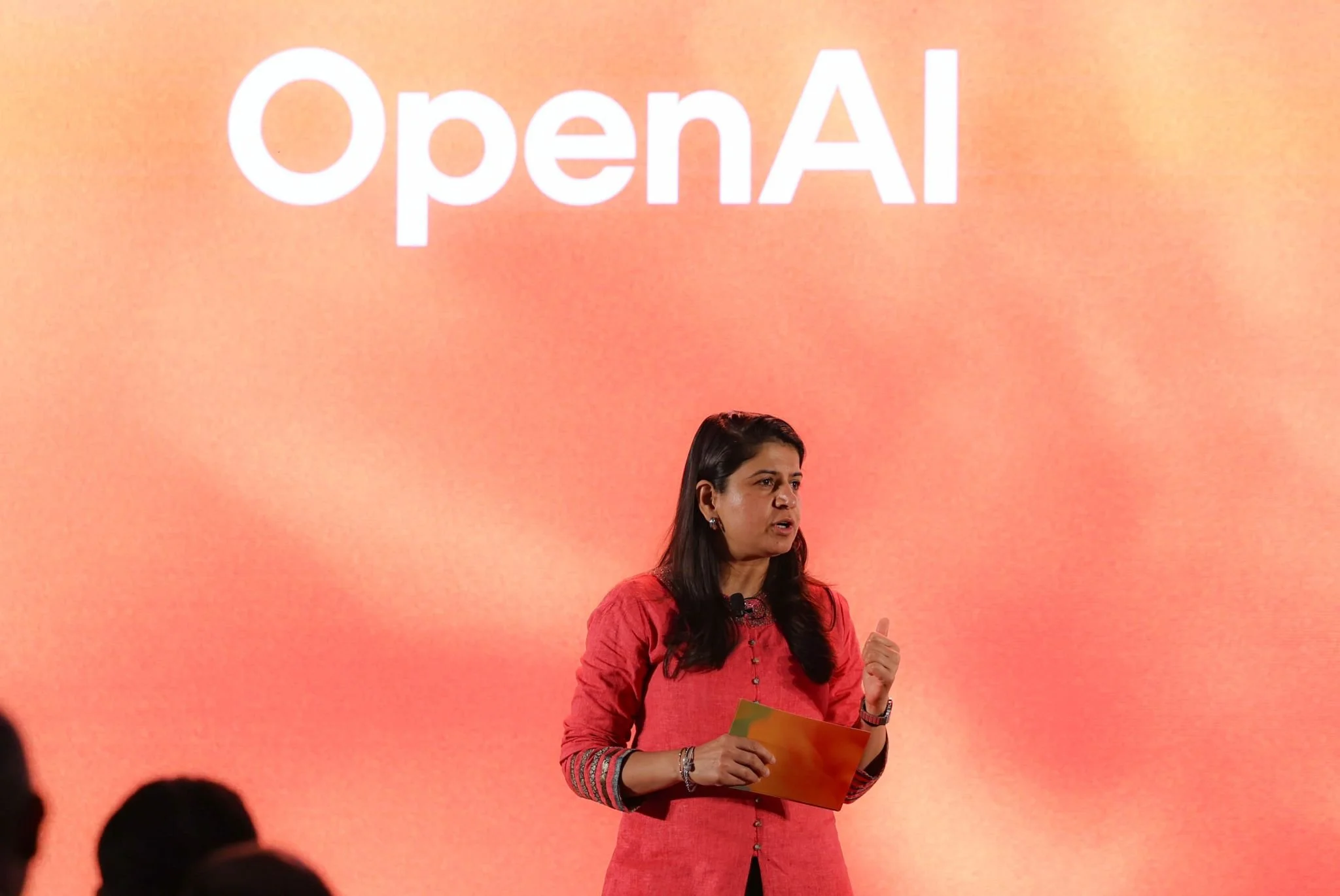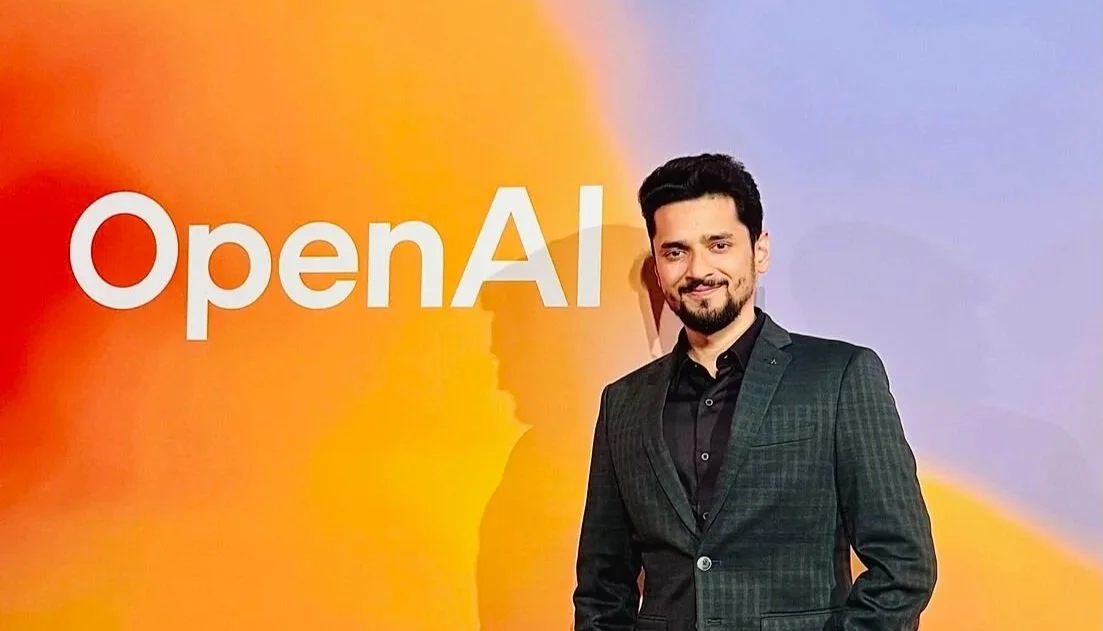Georgetown creates AI Academic Innovation Network as Dewey Murdick joins as Senior Fellow
Georgetown University has launched a new hub to drive academic innovation and explore human-AI interaction, alongside the appointment of Dewey Murdick as Senior Fellow.
In a LinkedIn post, Randall Bass, Vice President for Strategic Education Initiatives at Georgetown University, confirmed the launch of the Academic Innovation Network (AIN).
The initiative is described as a new hub for academic innovation designed to help the university respond to rapid technological and societal change.
Georgetown, a research university in Washington, DC, says the AIN will act as a collaborative platform linking research, curriculum design, and program development. It builds on the Red House and the Center for New Designs in Learning and Scholarship (CNDLS), which have supported academic innovation at Georgetown for over two decades.
Focus on innovation and human-AI interaction
Bass writes that the AIN “continues 25 years of academic innovation by the Red House and the Center for New Designs in Learning and Scholarship (CNDLS).” He adds that the creation of the Network integrates the Red House’s “edge” innovation work into Georgetown’s core practices at a time when universities must respond with greater agility.
As part of the launch, Dewey Murdick, former Director of the Center for Security and Emerging Technologies, joins Georgetown as Senior Fellow in the Red House and AIN. Bass notes that Murdick “will lead research and incubation focused on human-AI interaction and human potential.”
Murdick previously served as Director of Georgetown’s Center for Security and Emerging Technology (CSET), where he led a team of around 60 staff and provided data-driven analysis on the security implications of emerging technologies. His career spans artificial intelligence policy, emerging technology foresight, data science, and machine learning application development.
His earlier roles include Director of Science Analytics at the Chan Zuckerberg Initiative, Deputy Chief Scientist at the Department of Homeland Security, and program manager at the Intelligence Advanced Research Projects Activity (IARPA).
Murdick’s view on AI and education
Speaking in a Georgetown University interview, Murdick outlines his perspective on how AI could reshape academic practice. He says: “AI presents opportunities to reshape both learning and teaching by transforming how students and professors interact with knowledge and each other.”
He adds: “Students might engage with complex problems earlier, using AI to synthesize information while focusing cognitive energy on higher-order thinking: creative synthesis, ethical reasoning, and navigating ambiguity. This could enable tackling more meaningful challenges that require distinctly human capabilities.”
Opportunities and challenges
Bass writes that the announcement positions the university “to take on the challenges of the moment by combining Dewey Murdick's deeply humane and evidence-based approach to human-AI interaction, the extraordinary leadership in pedagogical applications of AI by CNDLS, and the expansive and longstanding focus on the new paradigm of rehumanization that is core to the Red House.”
Bass continues, “With this week’s announcements, Georgetown is better positioned to take on the challenges of the moment by combining Dewey Murdick's deeply humane and evidence-based approach to human-AI interaction, the extraordinary leadership in pedagogical applications of AI by CNDLS, and the expansive and longstanding focus on the new paradigm of rehumanization that is core to the Red House.”
The ETIH Innovation Awards 2026
The EdTech Innovation Hub Awards celebrate excellence in global education technology, with a particular focus on workforce development, AI integration, and innovative learning solutions across all stages of education.
Now open for entries, the ETIH Innovation Awards 2026 recognize the companies, platforms, and individuals driving transformation in the sector, from AI-driven assessment tools and personalized learning systems, to upskilling solutions and digital platforms that connect learners with real-world outcomes.
Submissions are open to organizations across the UK, the Americas, and internationally. Entries should highlight measurable impact, whether in K–12 classrooms, higher education institutions, or lifelong learning settings.
Winners will be announced on 14 January 2026 as part of an online showcase featuring expert commentary on emerging trends and standout innovation. All winners and finalists will also be featured in our first print magazine, to be distributed at BETT 2026.
To explore categories and submit your entry, visit the ETIH Innovation Awards hub.
























